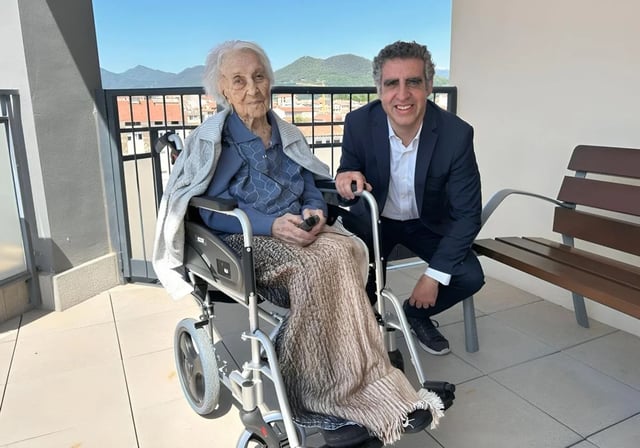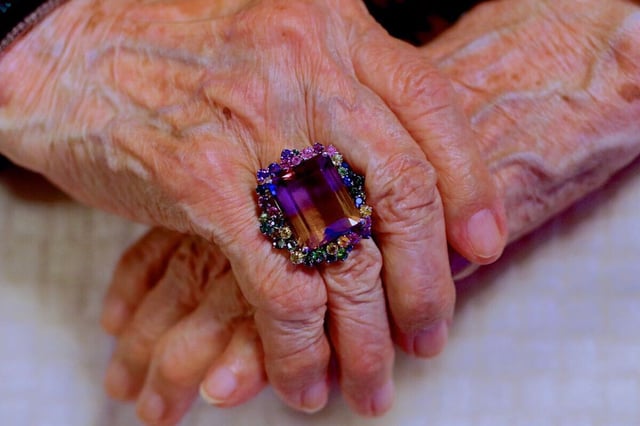Overview
- Researchers performed a comprehensive multi-omic assessment of María Branyas using blood, saliva, urine and fecal samples, integrating genomics, epigenomics, transcriptomics, proteomics, metabolomics and microbiome data against large reference cohorts.
- Despite extremely short telomeres, clonal hematopoiesis and expansion of age‑associated B cells, she never developed cancer, cardiovascular disease or neurodegenerative illness according to the study.
- The team reports rare protective genetic variants alongside an elite lipid profile with very low VLDL and triglycerides and very high HDL, plus minimal systemic inflammatory markers such as GlycA and GlycB.
- Her gut microbiome resembled that of a much younger person, enriched in Bifidobacterium typically lost with age, a pattern the authors note could be consistent with her habit of eating yogurt daily.
- Authors and independent experts stress the findings are observational from a single individual and cannot be generalized, proposing replication in more supercentenarians before pursuing potential therapeutic ‘mimetics.’


